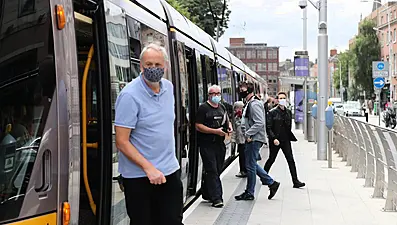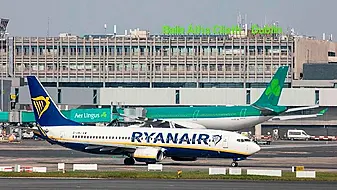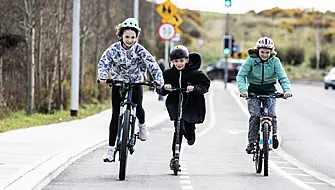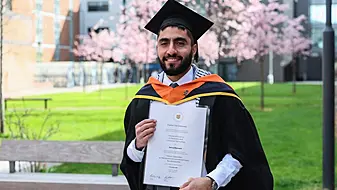Updated: 11.30am
The Cabinet has met this morning to discuss the next stage in the easing of Covid-19 restrictions which is due to take place on Friday.
The National Public Health Emergency Team (Nphet) met on Monday to finalise their advice for Government, which was relayed to the coalition leaders and senior Ministers on Monday evening.
The Irish Times reports chief medical officer Dr Tony Holohan advised that face masks and social distancing measures should remain in place until at least February 2022. In a letter to the Government, Mr Holohan warned that Ireland's situation is uncertain and precarious.
However, Ministers are thought to have approved the reopening of nightclubs as part of the next easing of restrictions, but this will likely require the use of Covid certs and capacity limits.
The proof of vaccination/recovery is also expected to be retained for indoor hospitality, where social distancing measures are also likely to remain.
Although the Government is reportedly eager to stick as closely as possible to the timeline for the reopening of the country, some Ministers were expected to advocate a more cautious approach at today's Cabinet meeting, reiterating the need to avoid reintroducing restrictions on areas of the economy which have reopened.
The use of antigen tests are also being discussed at the meeting, which the Irish Examiner reports may be used for close contacts of confirmed cases of the virus.
An announcement by the Taoiseach is expected to take place around lunchtime, however, this will depend on the length of the preceding Cabinet meeting.
Collective behaviour
Speaking on his way into the Cabinet meeting, Mr Martin said the collective behaviour of everyone in society will impact the spread of the virus in the coming months.
The Taoiseach said the country was facing a challenging winter, urging people who were not yet vaccinated to do so.

"We will have a challenging winter, primarily because of the transmissibility of the Delta variant, but what we do know is that vaccines do work in preventing hospitalisation, ICU, and particularly severe illness.
"It's very important that people who are not vaccinated would get vaccinated, and that people would complete their course of vaccination," he told RTÉ.
Following the decision of the National Immunisation Committee (Niac) to approve the rollout of booster vaccinations for people over the age of 60, Mr Martin said: "I think the booster vaccine will help, but vaccination on its own isn't in itself going to deal with everything, so personal behaviour and adherence to very basic guidelines is also essential along with vaccination.”
There were “a whole range of measures” to be considered by the Cabinet, he said, such as people’s behaviour, vaccine certs and wearing masks. However, Mr Martin said he was glad Niac had approved booster jabs for the cohort, adding that was a “significant” decision.







